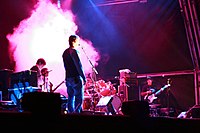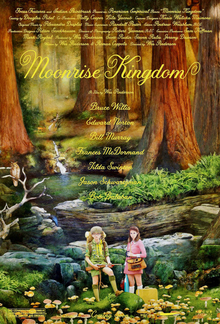Lists


2 Books
Fave books
Sort by:
Recent Desc
More lists by Amber



Fave tv
List includes: Homicide: Life on the Street, Stranger Things, Dirk Gently's Holistic Detective Agency
June 2022
0
@Qbrrt



Fave music
List includes: Pinback, Slint, Archers of Loaf
April 2022
0
@Qbrrt



Fave movies
List includes: Pee-wee's Big Adventure, Scott Pilgrim vs. the World, Moonrise Kingdom
April 2022
0
@Qbrrt